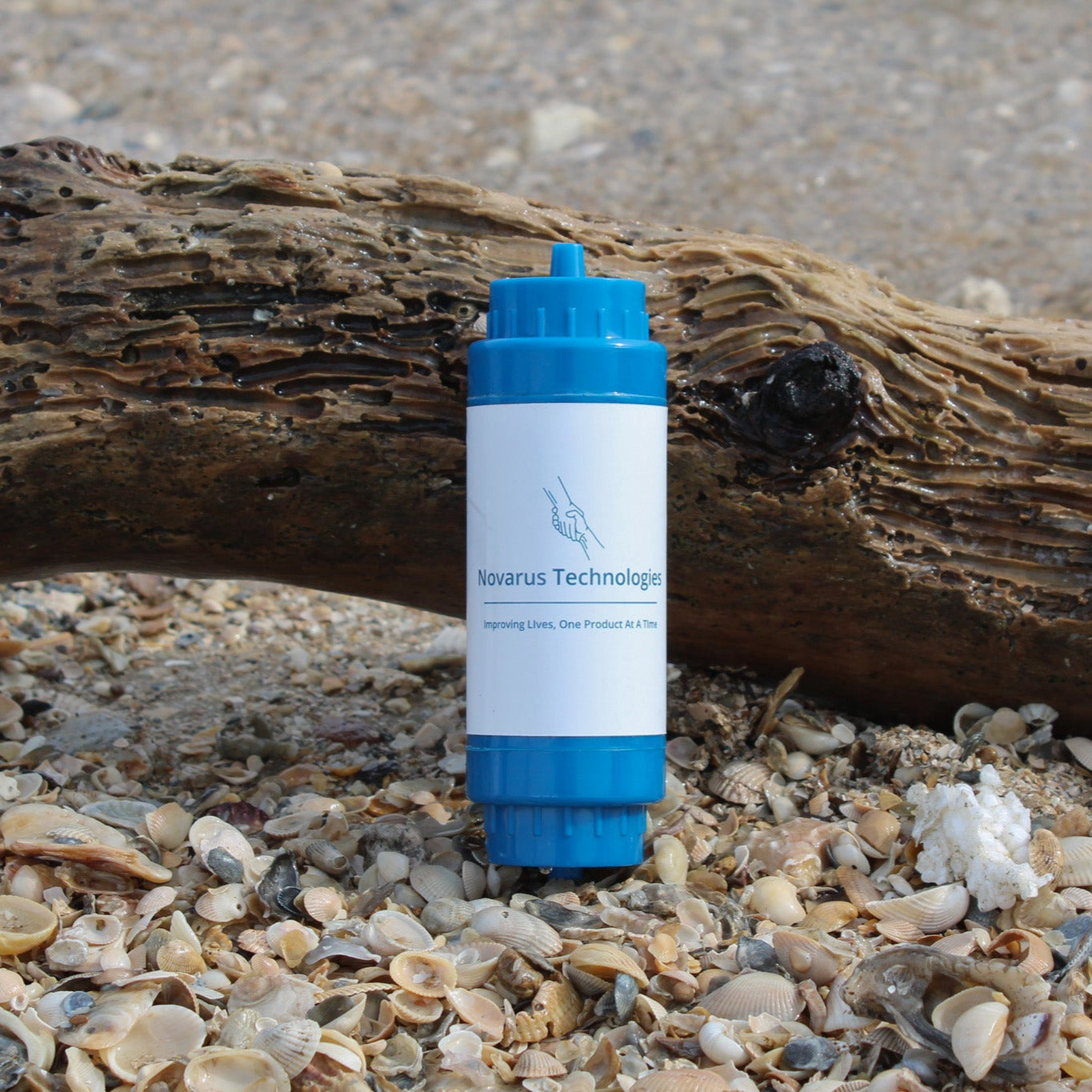In a world driven by convenience and consumerism, the amount of waste we produce has reached staggering levels. From plastic packaging to food scraps, the average person generates hundreds of pounds of waste each year. This waste doesn’t just disappear—it often ends up in landfills, oceans, or incinerators, causing pollution and harming ecosystems. But what if there was a better way? The zero-waste lifestyle offers a solution, transforming how we think about waste and turning what was once considered trash into valuable resources.
What is the Zero-Waste Lifestyle?
At its core, the zero-waste lifestyle is about minimizing waste by rethinking our consumption patterns and making conscious choices that reduce the amount of trash we produce. Instead of sending waste to landfills or incinerators, zero-waste advocates strive to reduce, reuse, and recycle as much as possible. The goal is simple: send nothing to the landfill and, in turn, create a closed-loop system where resources are reused and recycled indefinitely.
This lifestyle isn’t just about avoiding plastic bags and using reusable containers—it’s a holistic approach that encourages us to reconsider everything from how we shop to how we manage household items and even food waste.
The Environmental Benefits of Going Zero-Waste
One of the most compelling reasons to adopt a zero-waste lifestyle is the positive impact it has on the environment. Our current waste management systems contribute significantly to pollution, greenhouse gas emissions, and resource depletion. Here’s how zero-waste living can help:
-
Reducing Landfill Waste
Every piece of waste that doesn’t end up in a landfill reduces methane emissions—one of the most potent greenhouse gases. Landfills are a major source of methane, which is released as organic matter like food scraps decompose without oxygen. By composting organic waste and diverting recyclables from landfills, we can significantly cut down on these emissions. -
Conserving Natural Resources
Zero-waste encourages the use of recycled materials, which reduces the demand for raw resources like wood, minerals, and water. By reusing materials, we conserve the energy and resources that would otherwise be used to extract, process, and transport new materials. -
Decreasing Ocean Pollution
Single-use plastics are a major contributor to ocean pollution. Adopting zero-waste practices, like avoiding plastic packaging and opting for reusable alternatives, reduces the amount of plastic waste that ends up in our oceans, protecting marine life and preserving delicate ecosystems.
From Waste to Wealth: Financial Benefits of Zero-Waste Living
While the environmental benefits of zero-waste living are undeniable, many people are surprised to learn that it can also lead to significant financial savings. Here’s how:
-
Saving Money by Buying Less
One of the key principles of zero-waste living is reducing consumption. Instead of buying disposable products, zero-waste advocates invest in high-quality, reusable items that last longer. For example, a stainless steel water bottle may cost more upfront than a single-use plastic one, but it will pay for itself many times over as you stop buying bottled water. Similarly, using cloth napkins and reusable shopping bags eliminates the need for constantly purchasing disposable items. -
Reducing Food Waste
Food waste is a huge problem globally, with an estimated one-third of all food produced going to waste. By adopting zero-waste habits like meal planning, buying only what you need, and composting food scraps, you can significantly reduce food waste and save money on groceries. Eating leftovers and repurposing food also ensures that nothing goes to waste in the kitchen. -
Making Use of Secondhand and DIY Solutions
Instead of buying new items, the zero-waste lifestyle encourages the use of secondhand goods, thrift shopping, and DIY projects. Thrift stores, swap events, and online marketplaces offer countless opportunities to find gently-used items at a fraction of the cost of buying new. Additionally, repurposing old materials for DIY projects can save money and reduce waste, whether it’s turning glass jars into storage containers or using scrap fabric for household cleaning. -
Generating Wealth Through Sustainable Businesses
The zero-waste movement has inspired an entire industry focused on sustainability. Entrepreneurs are capitalizing on the demand for eco-friendly products and packaging alternatives, while others are creating services like zero-waste stores and composting businesses. Adopting zero-waste principles can even inspire new business ideas that cater to the growing demand for sustainable, low-waste products and services.
Steps to Start Your Zero-Waste Journey
If the idea of a zero-waste lifestyle seems overwhelming, don’t worry. The goal is progress, not perfection. Here are a few steps to help you get started:
-
Reduce What You Don’t Need
Begin by taking inventory of the items you use every day. Do you really need all of them? Start by cutting out unnecessary purchases, particularly single-use plastics and disposables. -
Switch to Reusable Products
Invest in reusable items like cloth grocery bags, water bottles, food containers, and cloth napkins. These simple swaps can make a big impact over time. -
Compost Your Organic Waste
If you have a yard, consider starting a compost pile. If you live in an apartment, many cities offer composting services or community compost bins. Composting turns organic waste into nutrient-rich soil instead of sending it to a landfill. -
Shop Secondhand
Whether it's clothes, furniture, or electronics, try shopping secondhand first. Thrift stores, online marketplaces, and yard sales often have great deals on high-quality items. -
Get Creative with Repurposing
Before throwing something out, think about whether it can be repurposed. Glass jars, for instance, make excellent storage containers, and old t-shirts can become reusable cleaning cloths.
Conclusion
The zero-waste lifestyle isn’t just about reducing trash; it’s about creating a more thoughtful, sustainable approach to living. By turning waste into wealth—both environmentally and financially—we can all take part in building a greener, more resourceful world. Every small change contributes to a larger movement, proving that a waste-free future is not only possible but beneficial for everyone.


